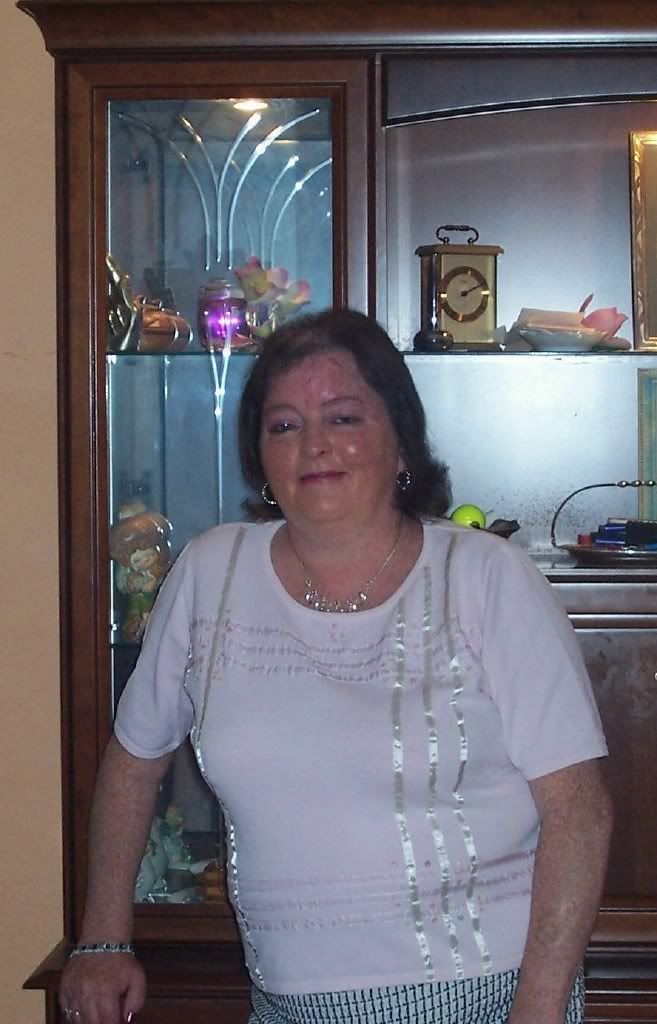Court hears of years of care home abuse
JOHN ROBERTSON LAW CORRESPONDENT
A JUDGE began hearing legal argument yesterday in the first of hundreds of cases by former residents of Catholic-run children’s homes in Scotland, in which they claim they suffered a catalogue of abuse. Elizabeth Abernethy, 55, says she was assaulted by a nun every day from the age of five until she left Nazareth House, Cardonald, Glasgow, when she was 11. Her claim for £50,000 is one of more than 400 actions against a religious order, the Poor Sisters of Nazareth, pending in the Court of Session, and is among half a dozen chosen as test cases. The point at issue in her case, which will affect many of the others, is whether it is time-barred. Lawyers for the Poor Sisters of Nazareth, who make a flat denial of the allegations of assault, insist that the law gave Mrs Abernethy 20 years after leaving the home to pursue a claim, but she had taken more than 40 years. The court was told that Mrs Abernethy, of Liverpool, was taken to Nazareth House with her twin sister in 1948, when they were just three months. It is claimed that her experience there was "typical" at that time. "From the age of about five, she was assaulted by Sister Norbert," Mrs Abernethy’s lawyers stated. "Sister Norbert assaulted her using implements including canes and the belt she wore as part of her habit. She hit her on the hands, legs, bottom, head or any available area. Sister Norbert assaulted her three or four times a day, every day." Mrs Abernethy recalled that at the age of about eight she had long hair, and the nun cut it off as a punishment for wetting the bed. She and other children were also assaulted for talking or coughing in church. Bed-wetting had been a regular problem for Mrs Abernethy as a child. In the summer, children from the home went to Nazareth House, Aberdeen, and those who wet the bed were made to stand on the beach wearing their wet pants or sheets in front of members of the public. "She was sent to church to ask God for forgiveness for wetting the bed," it was alleged. "She was made to take baths in Jeyes fluid, which gave her blisters. "Sister Norbert regularly told her she was mentally retarded. She told her she would never do any good in her life. She was told that the Devil was in her, and that she would not be going to heaven." Mrs Abernethy had been sent, aged 11, to a convent in Liverpool which catered for people with learning difficulties. She was not allowed to say goodbye to her sister, and she travelled alone by public transport. In Liverpool, she had been unable to speak for several months. "Throughout her time in the [Cardonald] home, she believed the treatment she endured was normal," Mrs Abernethy’s lawyers added. "She had never experienced any other way of life. She thought she was to blame. She deliberately concealed memories as a method of coping. "She was first diagnosed with depression at the age of 21, and continues to have extremely severe symptoms of clinical depression. "She has feelings of constant insecurity, of feeling not wanted, not belonging and never understanding why she had been hated so much as a child. She continues to be haunted by memories of the home and Sister Norbert. Her marriage broke up." The court heard a Sunday newspaper had carried a story about abuse in Nazareth House. Mrs Abernethy was contacted by a former resident and was encouraged to speak out, and she contacted lawyers. The Poor Sisters of Nazareth, based in Hammersmith Road, London, submitted to the judge, Gordon Coutts, QC, that Mrs Abernethy no longer had a legal right to claim damages. The order said that if she left the Cardonald home in 1959, any obligation to make reparation would have expired in 1979. Lawyers for the order had tried to investigate the background to Mrs Abernethy’s action, it was added, but none of the sisters who worked in the home was alive.

No comments:
Post a Comment